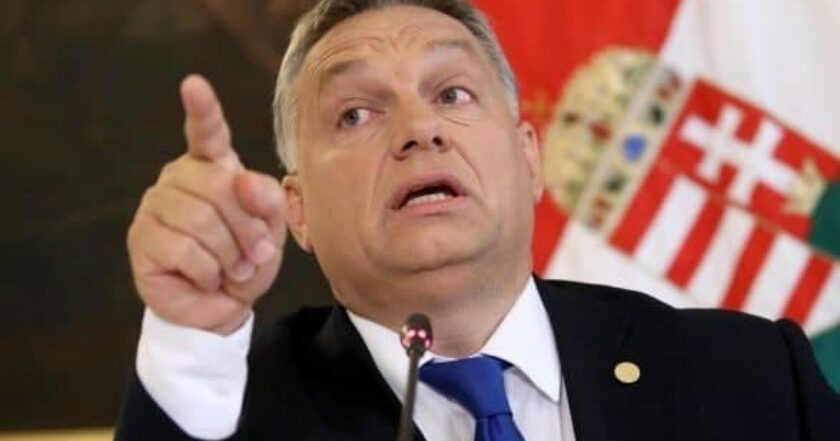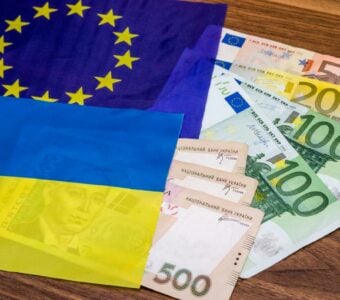Hungary's PM again threatens to veto EU sanctions against russia – Politico

Hungarian Prime Minister Viktor Orban has threatened to veto the extension of the European Union's anti-russian sanctions, which must be renewed every six months, demanding that four people be removed from the list.
Politico reports with reference to three diplomats that Hungary also opposes the proposal, which all other countries support. The publication says it refers to extending the period of restrictions from six to 12 months.
Extending the sanctions for a year would give Budapest less opportunity to torpedo the sanctions and thwart the decisions of the European Union. Officials admit they are concerned about the summer of 2024 when Hungary will take over the rotating presidency of the Council of the EU.
On Tuesday, EU ambassadors failed to reach a compromise with Hungary. Two diplomats said that the European Union is ready to meet Orbán's demands and remove these four people from the sanctions list not to jeopardize the restrictions against other people.
The EU has imposed sanctions on more than 1,400 people in connection with russia's war, including oligarchs, members of the russian parliament, the military and security forces, as well as russian appointed governors in the occupied territories of Ukraine.
One of the diplomats argued there were also legal challenges to whether the sanctions against the four could stand trial.
But removing these four surnames was not enough for Hungary, both diplomats added. After all, the country also opposes the proposed 12-month period of sanctions extension.
A tentative compromise, which ambassadors will discuss on Wednesday, involves moving to nine-month extension periods (instead of the current six months).
The publication does not reveal who exactly the Prime Minister of Hungary wants to exempt from sanctions. However, Politico says the Baltic states and Poland want to make it easier to sanction the family members and entourage of russia's wealthiest men and women but are facing resistance from Hungary.
The European Pravda argued that Orban didn't want church representatives to be sanctioned, citing his speech on February 18.
"We will maintain our economic relations with russia, and we even advise the Western world to do so because, without ties, there will be neither a ceasefire nor peace talks.
That is why we disagree that priests and church leaders are put on sanctions lists; it's bad enough that this can happen to artists and athletes," Orban said.























































